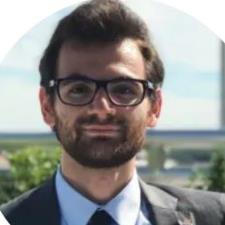
Chris H. answered • 05/26/22
Japanese and Political Science Tutor: Knowledgable and Patient
Following the text excerpt, we can say that the label of "being disabled" transcends more common, baseline personal identifications such as nationality, economic class, political alignment, etc that all members of a society share. Because of this label, people with disabilities are often kept outside of society and their status of "being disabled" becomes a stigma. It therefore seems reasonable to say that people with disabilities have less in common with people without disabilities than people without disabilities have with each other, but still more in common with other people with disabilities. A Filipino quadriplegic, for example, might have more in common with a non-Filipino person with autism than they might with a Filipino who does not identify as disabled.
So, when thinking about how we should talk about people with disabilities, it would probably be helpful to consider that people with disabilities already face some degree of inherent alienation from the rest of society. The hypothetical quadriplegic Filipino and the hypothetical non-Filipino person with autism could both have the experience of being isolated from their respective societies. One way in which this isolation could manifest is through the use of language. Think about how we often talk about disabled people in our own society: Are we direct, or roundabout? Is it something you think people generally would say is "comfortable" for them to talk about, regardless of their status as abled or disabled?




